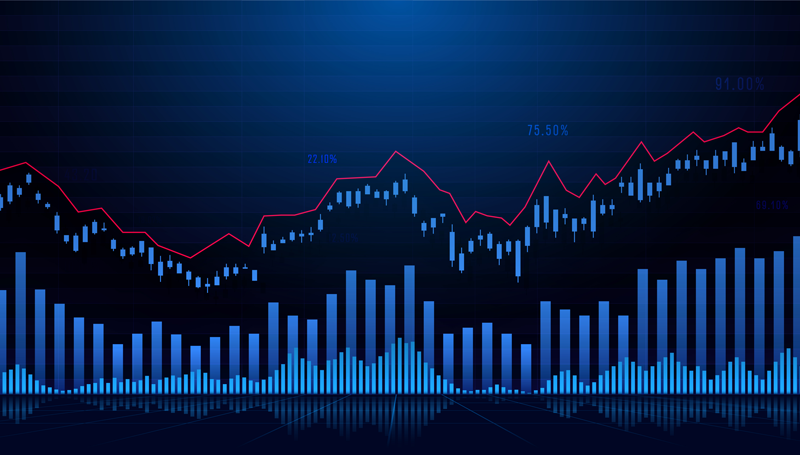

14.08.2019 – Daily report. The bulls on the German stock exchange are not calming down. After the DAX had finally shaken off the paralysis the day before, early Wednesday trading is already going down again. Initially, the US’s concession to China in the customs dispute had pushed prices higher. Now new fears of recession made the rounds: The German economy has shrunk.
Fears of recession in Frankfurt
That’s how fast it can go: Germany’s leading index did not maintain its pre-trade gain. Most recently, it was down 0.9 percent at 11,640 points. The most important reason for this is that Germany’s gross domestic product fell by 0.1 percent between April and June compared with the previous quarter. According to preliminary calculations, this was announced by the Federal Statistical Office on Wednesday. Another such quarter and Germania would also be officially in recession. Particularly bitter: Germany is now, with the current figures, the economic taillight in the euro zone. As always, all important economic data can be found here: Market Mover
And already the joy of the day before was gone. Yesterday Washington surprisingly suspended some tariffs for China imports that had already been agreed, and negotiations are now continuing. Many analysts in the USA and China saw this as a sign of Donald Trump’s weakness – he had shown Beijing his nerves.
Asia celebrates US conciliation in customs dispute
Global trading and the Asian stock exchanges reacted with profits to the new development. The CSI-300 with the most important blue chips of the Chinese mainland closed the morning 0.5 percent higher at 3,682 points. The Nikkei advanced by 1 percent to 20,665 points.
Investors recently displaced the most recent development in Hong Kong. People have been taking to the streets here for two months now. China has now rallied troops on the border. CFD traders are advised to keep an eye on their regular market updates: If the situation escalates bloody here, it could have a negative impact on the tariff dispute between China and the US. And the Wall Street is swirling accordingly.
China’s industry weakens
Specifically, on Tuesday the USA postponed the introduction of punitive tariffs on Chinese goods such as iPhones, sneakers or clothing until 16 December. Actually, special tariffs should take effect from September. According to a media report, the Middle Kingdom wants to stick to the planned trade talks with the USA in September despite great scepticism. The suspension of the new punitive tariffs had always been a precondition for this.
In fact, the People’s Republic now has a problem: the trade dispute with the USA is slowing down China’s industrial production. In July this had increased by only 4.8 percent compared to the same month last year, as the statistics office announced in Beijing on Wednesday. The increase is the weakest since February 2002.
Profits in New York
The American stock exchange had also celebrated the latest development in China the evening before. Stocks from the high-tech sector, which is closely linked to Asia, rose particularly rapidly. The Nasdaq 100 gained 2.2 percent to 7,728 points. The Dow Jones Industrial climbed to 26,427 points, the highest level since the beginning of August. At the closing bell, the Dow was 1.5 percent firmer at 26,280 points. The S&P 500 also rose by 1.5 percent to 2,926 points.
This is what the day brings
The appointment calendar on Wednesday is rather sparsely stocked. The import and export prices for July start at 2.30 pm.
This is followed by the weekly oil report of the Ministry of Energy at 4.30 pm.
The Bernstein Bank wishes you successful trades!
Important Notes on This Publication:
The content of this publication is for general information purposes only. In this context, it is neither an individual investment recommendation or advice nor an offer to purchase or sell securities or other financial products. The content in question and all the information contained therein do not in any way replace individual investor- or investment-oriented advice. No reliable forecast or indication for the future is possible with respect to any presentation or information on the present or past performance of the relevant underlying assets. All information and data presented in this publication are based on reliable sources. However, Bernstein Bank does not guarantee that the information and data contained in this publication is up-to-date, correct and complete. Securities traded on the financial markets are subject to price fluctuations. A contract for difference (CFD) is also a financial instrument with leverage effect. Against this backdrop, CFD trading involves a high risk up to the point of total loss and may not be suitable for all investors. Therefore, make sure that you have fully understood all the correlating risks. If necessary, ask for independent advice.
